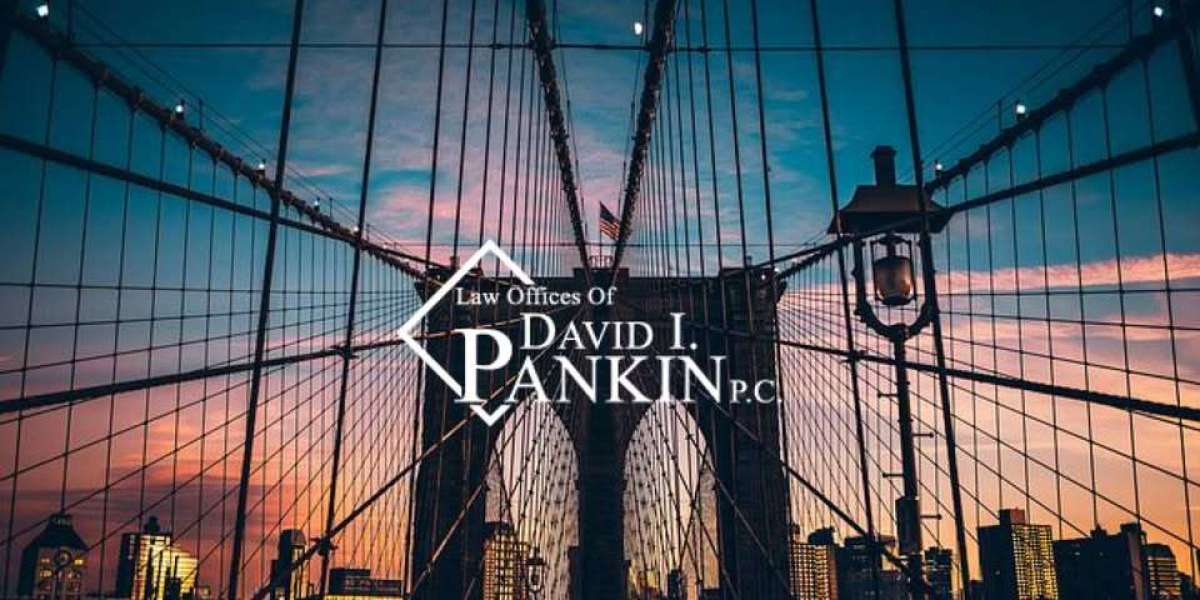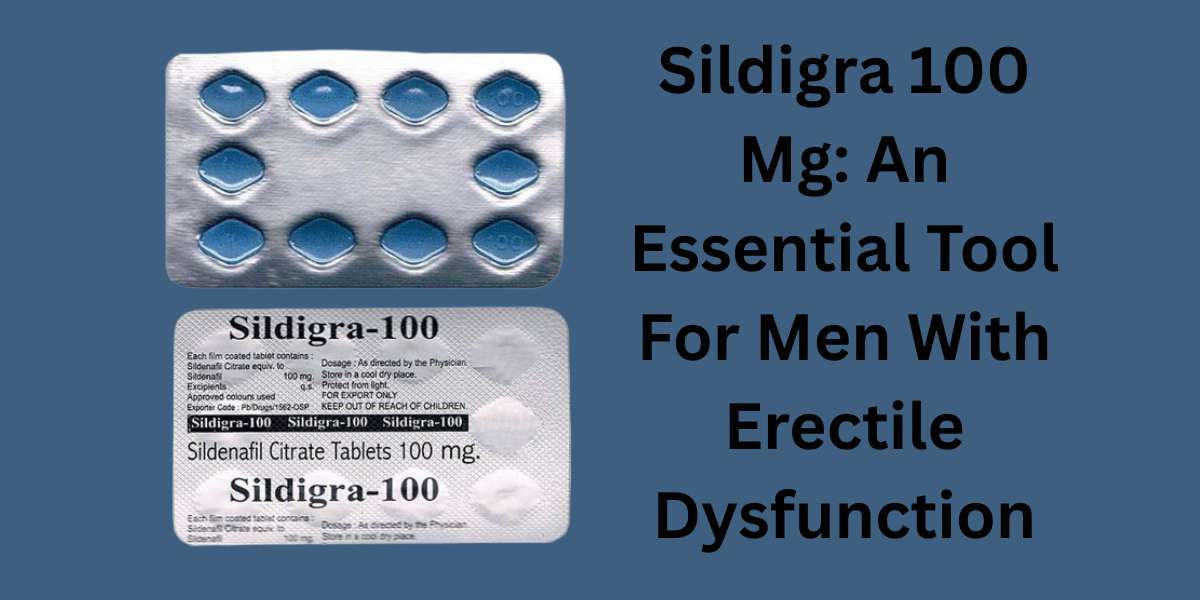What Is Chapter 13 Bankruptcy?
Chapter 13 bankruptcy is often called the “wage earner’s plan” because it allows individuals with a regular income to create a plan to repay all or part of their debts over a period of three to five years. It’s a legal option under the U.S. Bankruptcy Code and is designed for people who are behind on their bills but still have enough income to make monthly payments toward reducing their debt.
In Chapter 13 bankruptcy in NYC, the court works with you and your attorney to create a manageable repayment plan based on your income, living expenses, and the types of debt you owe. This can include credit cards, medical bills, car loans, and even mortgage arrears.
How Chapter 13 Works in NYC
Filing for Chapter 13 begins with a petition to the U.S. Bankruptcy Court for the Southern or Eastern District of New York, depending on your borough. You'll also need to submit a detailed financial statement, a list of your assets and liabilities, a record of your income and expenses, and a proposed repayment plan.
Once your petition is filed, something powerful happens: an automatic stay goes into effect. This legally prevents creditors from taking further action against you—meaning no more collection calls, wage garnishments, lawsuits, or foreclosure proceedings.
Here’s a simplified breakdown of the process:
- Initial Filing: Your attorney files the bankruptcy paperwork and repayment plan.
- Automatic Stay: All creditor actions are frozen.
- Meeting of Creditors (341 Meeting): You attend a meeting with a bankruptcy trustee to go over your plan.
- Plan Approval: The court confirms your repayment plan, typically 36 to 60 months long.
- Making Payments: You make monthly payments to a trustee, who distributes the funds to your creditors.
- Discharge: After completing your plan, remaining qualifying debts are discharged (erased).
Why Choose Chapter 13 Bankruptcy in NYC?
Living in New York City is expensive—and when financial hardship strikes, the costs can escalate quickly. Whether it’s due to medical bills, job loss, divorce, or just the high cost of living, Chapter 13 can be a lifeline.
Here are a few key reasons why Chapter 13 might be the best option for NYC residents:
- Save Your Home from Foreclosure: Chapter 13 allows you to catch up on missed mortgage payments over time while staying in your home.
- Stop Repossessions or Utility Shut-Offs: You can keep your car, utilities, and other necessities while paying arrears through your plan.
- Consolidate Debts Into One Payment: Instead of juggling multiple creditors, you’ll make one monthly payment to the trustee.
- Avoid Losing Valuables: Unlike Chapter 7, you won’t have to sell off personal belongings or property if you stick to your plan.
- Protect Co-Signers: Under Chapter 13, creditors are generally barred from pursuing co-signers for consumer debts.
Who Qualifies for Chapter 13 Bankruptcy?
To file for Chapter 13 bankruptcy in NYC, you need to meet certain eligibility requirements:
- Steady Income: You must have regular income (employment, self-employment, Social Security, etc.) to support a repayment plan.
- Debt Limits: As of 2024, unsecured debts must be under $465,275 and secured debts under $1,395,875. These limits are adjusted periodically.
- Tax Returns Filed: You must be current on your tax filings for the last four years.
- Previous Bankruptcy Wait Times: If you've filed for bankruptcy in the past, you may need to wait a certain period before filing again.
Working with a Bankruptcy Attorney
Navigating Chapter 13 bankruptcy in NYC without a knowledgeable attorney can be incredibly difficult. An experienced bankruptcy lawyer understands local court procedures, judges' expectations, and how to structure a plan that the court will accept.
A good attorney will:
- Help you determine if Chapter 13 is the right option for you.
- Assist in creating a realistic budget and repayment plan.
- Ensure all documentation is complete and accurate.
- Represent you during court hearings and creditor meetings.
- Provide ongoing support throughout the 3-5 year repayment period.
In a city as complex as New York, local knowledge matters. Choose a lawyer familiar with the bankruptcy courts in Manhattan, Brooklyn, Queens, Bronx, or Staten Island.
Life After Chapter 13
Successfully completing your Chapter 13 plan can bring an enormous sense of relief. Once you’ve made all required payments, most remaining unsecured debt is discharged. While your credit will reflect the bankruptcy for several years, many people begin rebuilding their financial lives even during the repayment plan.
With consistent payments, a fresh start, and no more mounting interest or late fees, many debtors find themselves in a better place financially than they were before filing.
Final Thoughts
Filing for Chapter 13 bankruptcy in NYC isn’t a failure—it’s a smart and strategic step toward reclaiming your financial health. In a city where costs are high and life moves fast, sometimes the best way to get ahead is to stop, reassess, and take advantage of the legal tools available to protect your future.
If you're feeling overwhelmed by debt but still want to keep your home, your car, and your dignity, talk to a New York bankruptcy attorney about Chapter 13. The process may be complex, but you don’t have to face it alone—and the result could be the financial breathing room you've been desperately needing.








